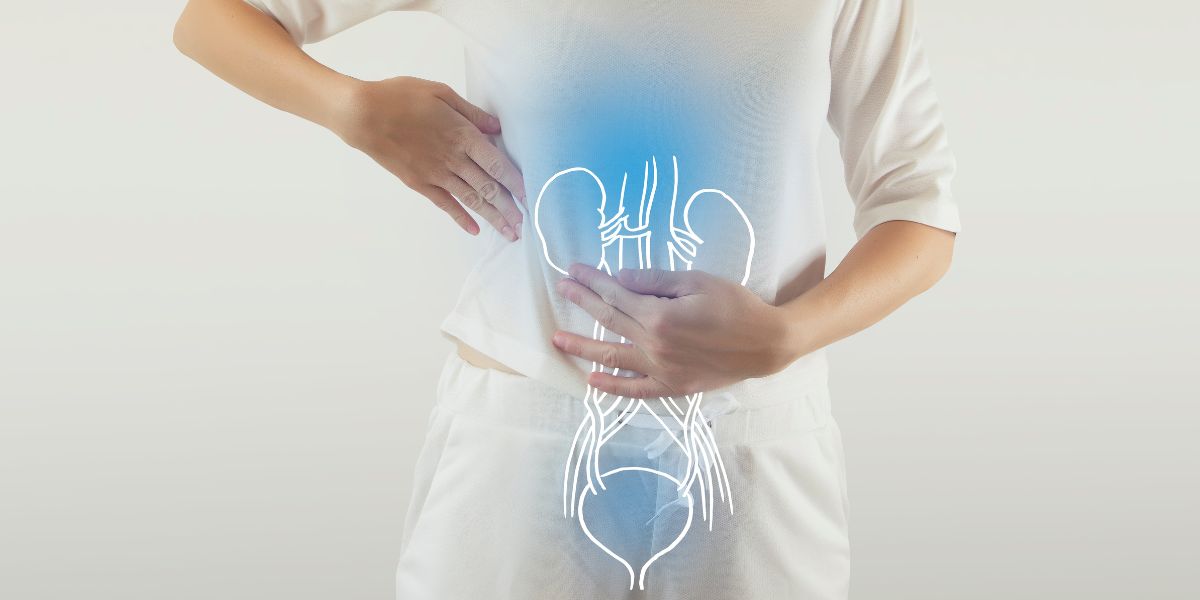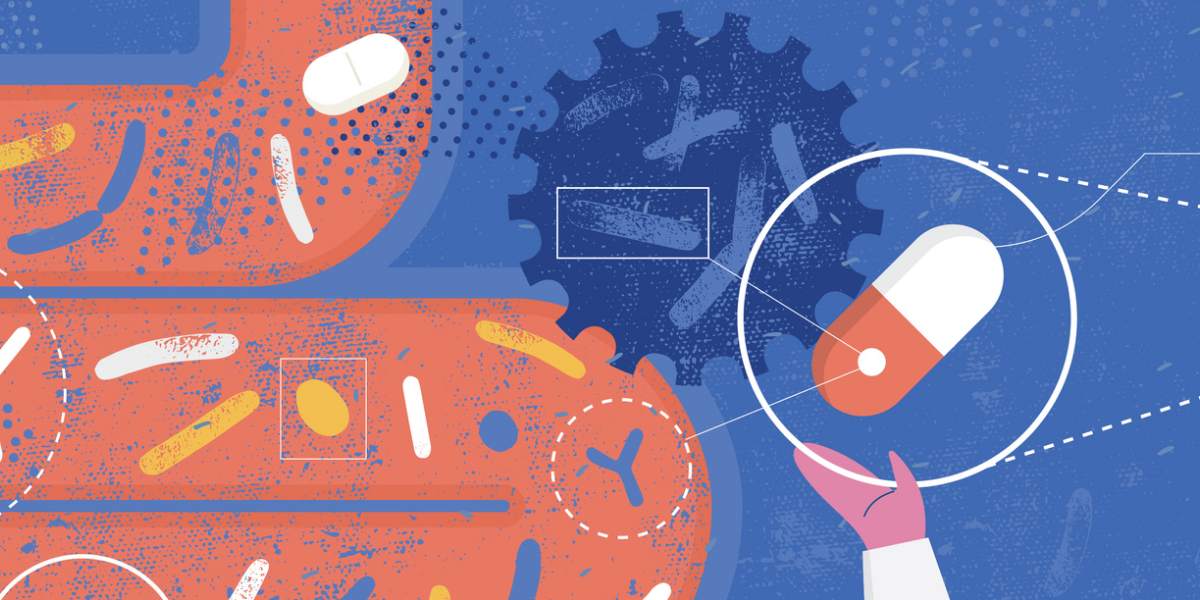The bladder is a hollow, muscular organ that collects urine until a convenient time for it to be emptied.
The bladder may be one of the least complicated organs but it can be affected by diabetes in a number of ways.
Role of the bladder
The bladder helps to store urine allowing us to pass urine either when convenient or when full. The average adult bladder can hold about half a litre of urine.
When the bladder is full, nerves are activated which stimulate the urge to pass urine. When you are ready to urinate, the bladder’s sphincter opens to allow the urine to drain out of the body via the urethra.
The bladder and cystitis
Cystitis occurs if the bladder has an infection, causing it to become inflamed. Cystitis (a form of urinary tract infection) can occur in both genders but is more prevalent in women.
Signs of cystitis include pain or stinging when urinating, feeling the need to urinate even when the bladder is almost empty, passing urine that is dark, cloudy or unusually strong smelling.
Cystitis may also be accompanied by symptoms such as blood in the urine, pain in the lower back or abdomen or having a high temperature (fever).
If cystitis develops and the infection travels up the ureters towards the kidneys it can become very dangerous. Contact your doctor for advice if you notice the symptoms.
- Read more on urinary tract infections
Urinary incontinence
Incontinence can occur for a number of reasons in people with diabetes. High blood glucose levels cause the body to release glucose in the urine and when this happens, we need to visit the toilet more often. Urinary tract infections can also increase the urgency to urinate.
A type of neuropathy called autonomic neuropathy can affect the nerves which help to control the bladder. If these nerves become damaged, it can affect our ability to urinate.
In addition the above, contributory reasons can include being overweight, taking certain medications and nerve damage resulting from childbirth.
- Read more on diabetes and urinary incontinence
Bladder cancer
Bladder cancer is one of the more common forms of cancer. Cancer charity Cancer Research UK reports that people with type 2 diabetes are 40% more likely to have bladder cancer than those without diabetes.
One diabetes medication, Actos, has been shown to increase the risk of bladder can by up to 90%. However, the European Medicines Agency has not suspended the drug as the overall risk of bladder cancer is still relatively small.
- Read more about diabetes and bladder cancer





